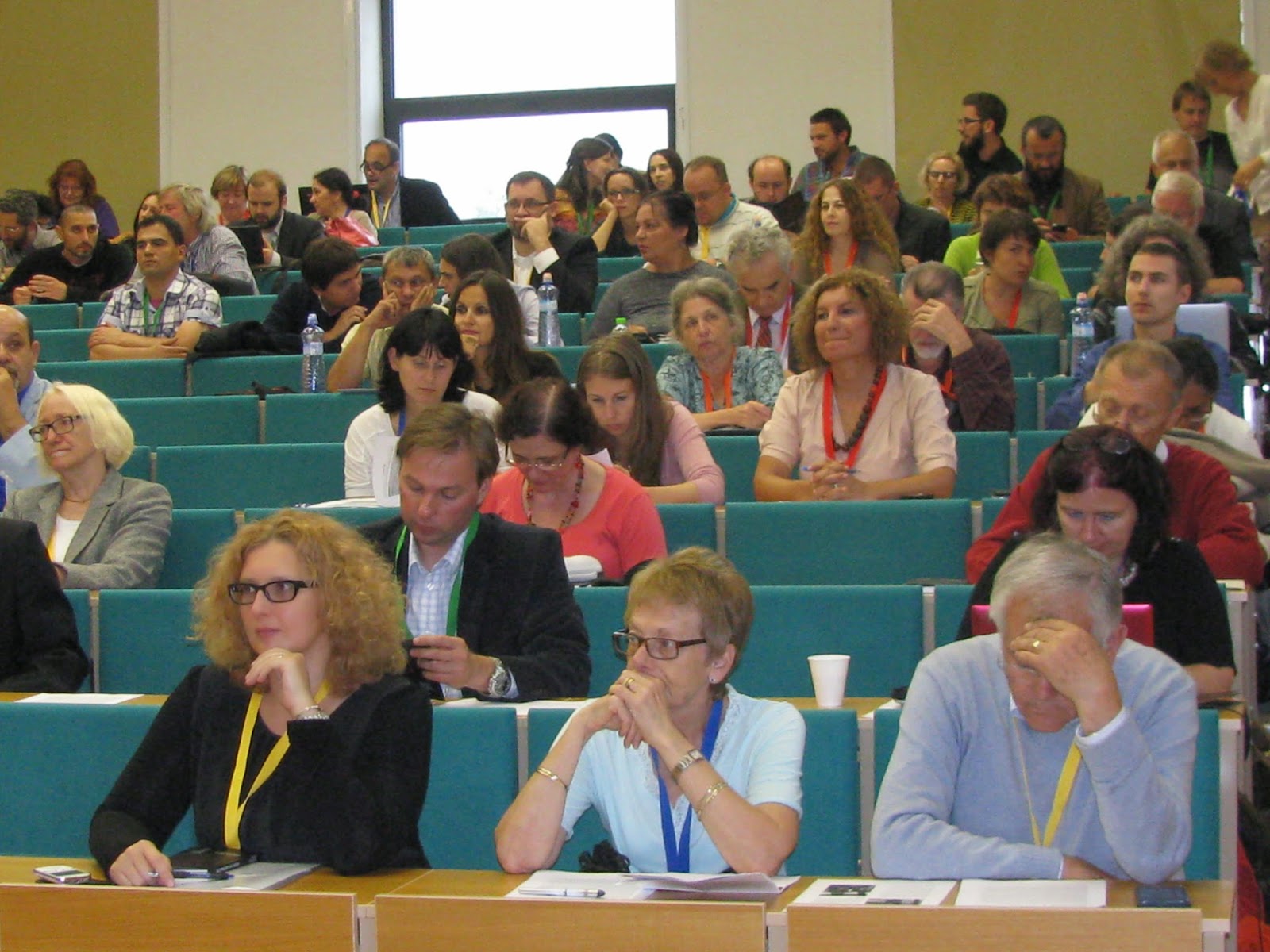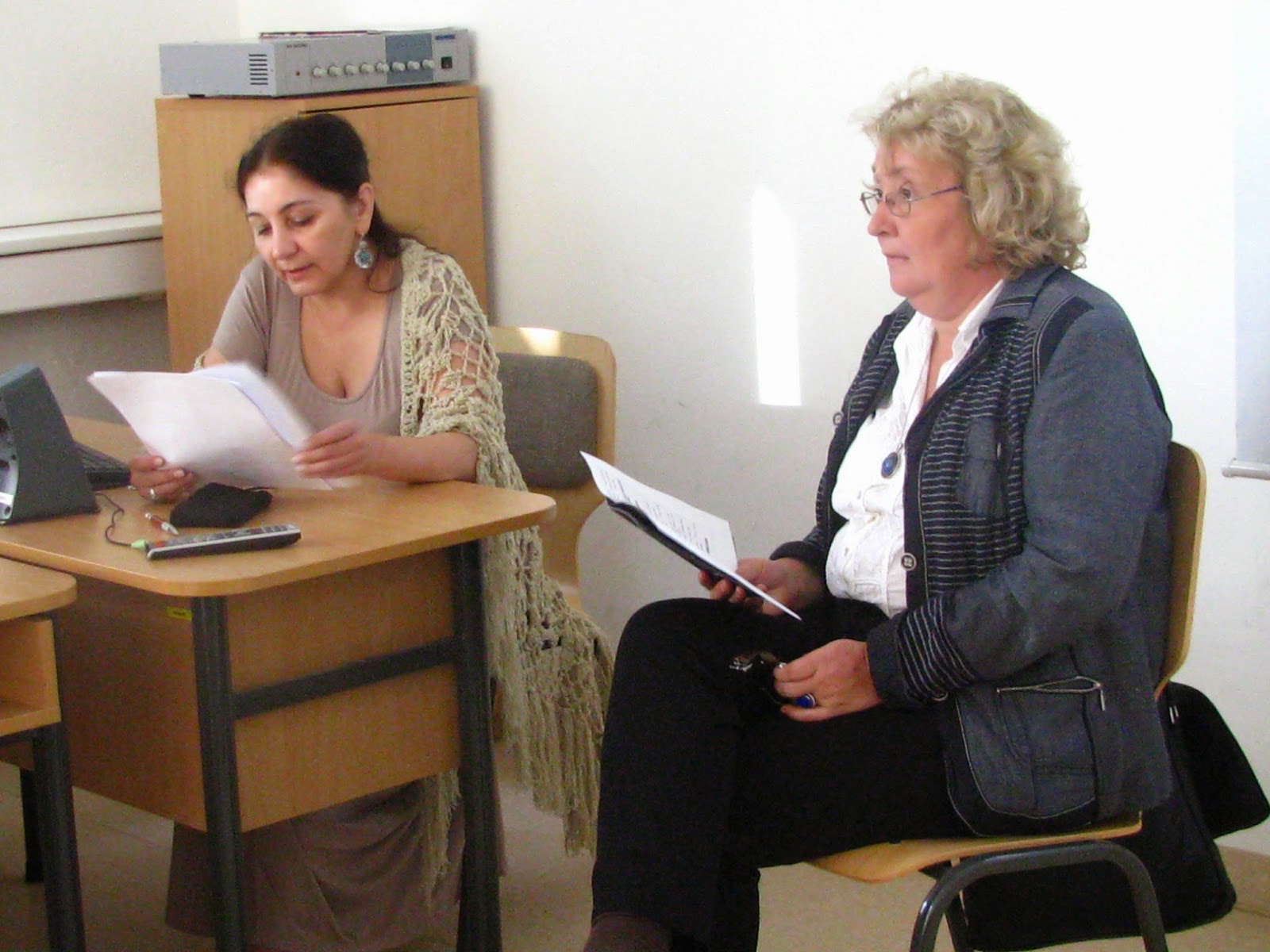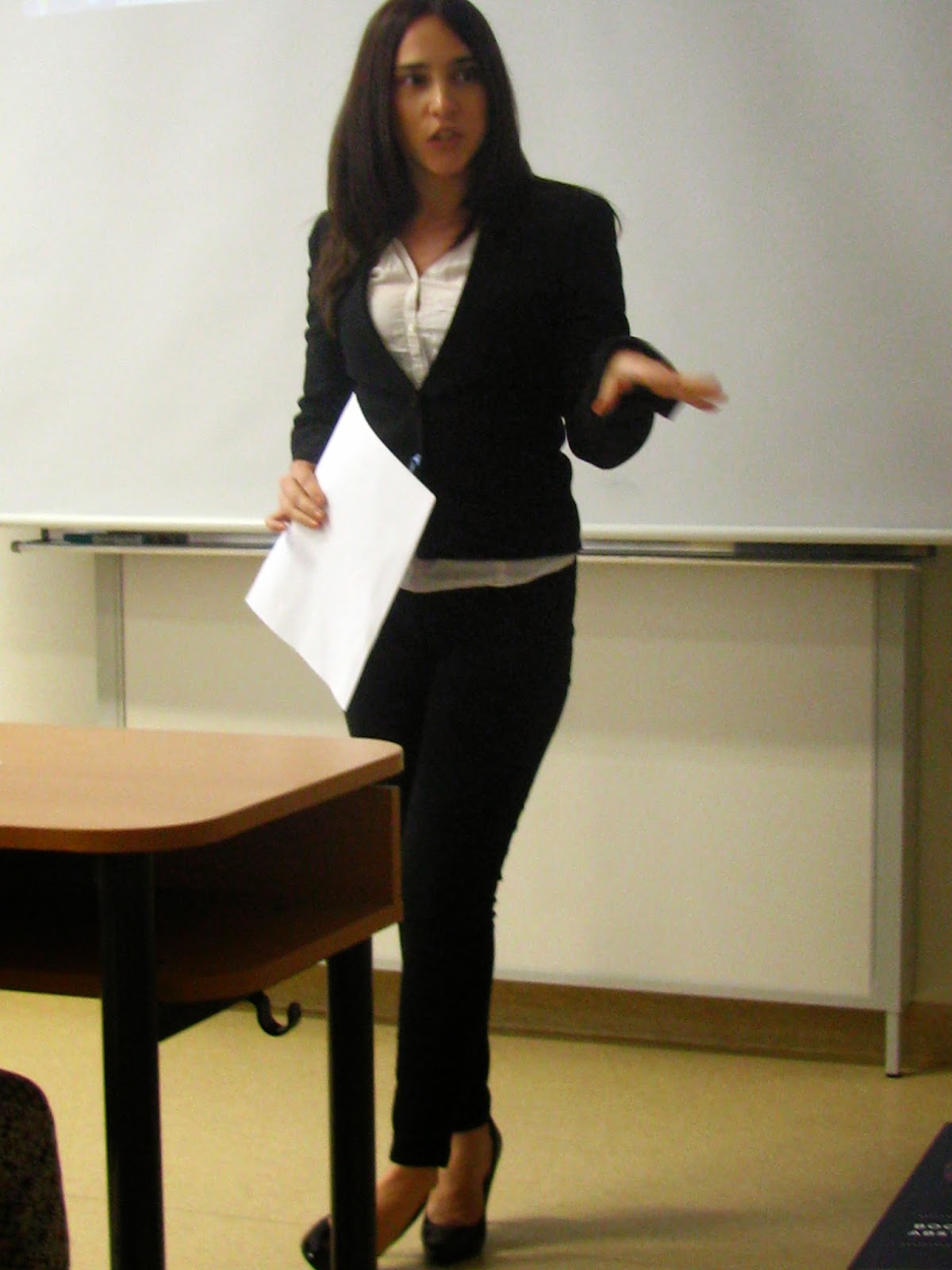About academic conferences, debates and presentations
As an academic or even passionate about science, it’s always
good and a great added value to participate in the international conferences,
scientific debates or presentations. First, you listen to new papers that maybe
cannot be found elsewhere, then you can expand your academic network and, not
least, you can practice your presentation skills (in case that you are a
speaker). Per total, it’s always a great experience to participate to these
types of events.
But what if the international conferences, scientific
debates and presentations become boring, awkward, stressful and time consuming?
How many times have you found a presentation boring? - Not because of its topic, but because of the
way that the speaker chooses to present his paper- . How many times you
expected that someone would ask a question, but in fact, the person gives a
real speech making you confused about what the question is or what comment is
that the person wants to make. How many
times you listened to a presentation and learnt nothing?
Well, the technology gives so many possibilities to create
an interactive, attractive, easy to understand presentation and even so, most
of the presentations during academic conferences are still dry, insipid and inodorous. Academics are clever individuals, they study
a lot, they read a lot and they research a lot. So why would they not proceed
to expose their work in a clever way, so everybody would be able to follow,
understand and get knowledge from it? This should take only a few minutes of
thinking about the angle and the way that the presenter chooses to present and
then half an hour rehearsal. It’s a shame that even huge academics, with huge
great researches, come in front of the auditorium with no rehearsal previously.
But these respectful gentleman and ladies represent the old
generation. Yes, they like to hear
themselves talking (and they speak well, no doubt) and when they ask a question, they have a huge debate on the
presenter topic instead (I faced this situation so many times). Well, this is
the Old School. We, the new generation of researchers and academics have to
give an added value to the presentation we make, otherwise we use our time and
the listeners time for nothing. I believe that in the near future, the academic
conferences and debates can be presented in a wonderful, attractive, understandable
and interactive way. This shall imply by sure more practice, and how would that
be possible when the researcher’s grants allow funds only for maximum 2, 3
conferences per year? How can you, the youth researcher practice the
presentation skills when you present something and the older researchers cut
you off? Or when you want to ask a question, you are told to make it shorter?
Furthermore, it’s so easy to judge and criticise. I found it
so shameful that most of the academics do not know how to give positive
feedback. Even more have no pedagogical and andragogy knowledge. Is that possible in a XXI century?
Well, it is….
This is the probably the silent fight between academic
generations. I really believe that since we are still human beings (not robots
or animals), we can change, adapt, accept and respect each other. I believe that even now, when the virtual
connections are so familiar and popular, the live connections are still a key
factor for the human social success, especially when we speak about the
academic world.
Not least, if you are an academic, you have to know to be
diplomatic. This is the secret of success, a part of an assiduous work that you
have to do day by day, year by year. Sometimes it can be beautiful.







































Comments
Post a Comment